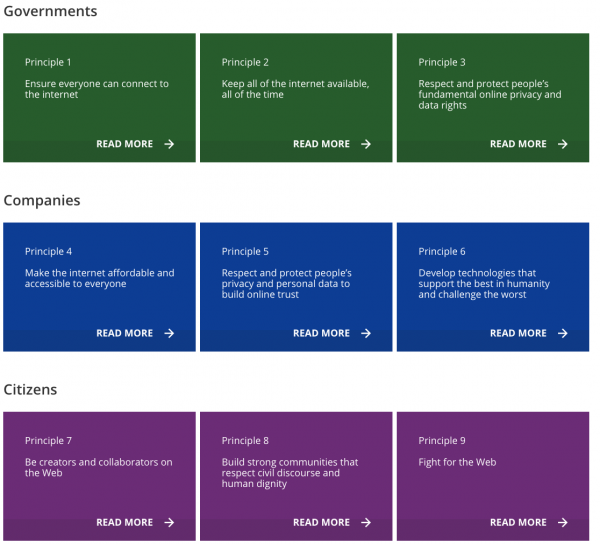Essay by Steven Shapin: “…It seems irresponsible or perverse to reject the idea that there is a Crisis of Truth. No time now for judicious reflection; what’s needed is a full-frontal attack on the Truth Deniers. But it’s good to be sure about the identity of the problem before setting out to solve it. Conceiving the problem as a Crisis of Truth, or even as a Crisis of Scientific Authority, is not, I think, the best starting point. There’s no reason for complacency, but there is reason to reassess which bits of our culture are in a critical state and, once they are securely identified, what therapies are in order.
Start with the idea of Truth. What could be more important, especially if the word is used — as it often is in academic writing — as a placeholder for Reality? But there’s a sort of luminous glow around the notion of Truth that prejudges and pre-processes the attitudes proper to entertain about it. The Truth goes marching on. God is Truth. The Truth shall set you free. Who, except the mad and the malevolent, could possibly be against Truth? It was, after all, Pontius Pilate who asked, “What is Truth?” — and then went off to wash his hands.
So here’s an only apparently pedantic hint about how to construe Truth and also about why our current problem might not be described as a Crisis of Truth. In modern common usage, Truth is a notably uncommon term. The natural home of Truth is not in the workaday vernacular but in weekend, even language-gone-on-holiday, scenes. The notion of Truth tends to crop up when statements about “what’s the case” are put under pressure, questioned, or picked out for celebration. Statements about “the case” can then become instances of the Truth, surrounded by an epistemic halo. Truth is invoked when we swear to tell it — “the whole Truth and nothing but” — in legal settings or in the filling-out of official forms when we’re cautioned against departing from it; or in those sorts of school and bureaucratic exams where we’re made to choose between True and False. Truth is brought into play when it’s suspected that something of importance has been willfully obscured — as when Al Gore famously responded to disbelief in climate change by insisting on “an inconvenient truth” or when we demand to be told the Truth about the safety of GMOs. [2]
Truth-talk appears in such special-purpose forums as valedictory statements where scientists say that their calling is a Search for Truth. And it’s worth considering the difference between saying that and saying they’re working to sequence a breast cancer gene or to predict when a specific Indonesian volcano is most likely to erupt. Truth stands to Matters-That-Are-the-Case roughly as incantations, proverbs, and aphorisms stand to ordinary speech. Truth attaches more to some formal intellectual practices than to others — to philosophy, religion, art, and, of course, science, even though in science there is apparent specificity. Compare those sciences that seem good fits with the notion of a Search for Truth to those that seem less good fits: theoretical physics versus seismology, academic brain science versus research on the best flavoring for a soft drink. And, of course, Truth echoes around philosophy classrooms and journals, where theories of what it is are advanced, defended, and endlessly disputed. Philosophers collectively know that Truth is very important, but they don’t collectively know what it is.
I’ve said that Truth figures in worries about the problems of knowledge we’re said to be afflicted with, where saying that we have a Crisis of Truth both intensifies the problem and gives it a moral charge. In May 2019, Angela Merkel gave the commencement speech at Harvard. Prettily noting the significance of Harvard’s motto, Veritas, the German Chancellor described the conditions for academic inquiry, which, she said, requires that “we do not describe lies as truth and truth as lies,” nor that “we accept abuses [Missstände] as normal.” The Harvard audience stood and cheered: they understood the coded political reference to Trump and evidently agreed that the opposite of Truth was a lie — not just a statement that didn’t match reality but an intentional deception. You can, however, think of Truth’s opposite as nonsense, error, or bullshit, but calling it a lie was to position Truth in a moral field. Merkel was not giving Harvard a lesson in philosophy but a lesson in global civic virtue….(More)”.

